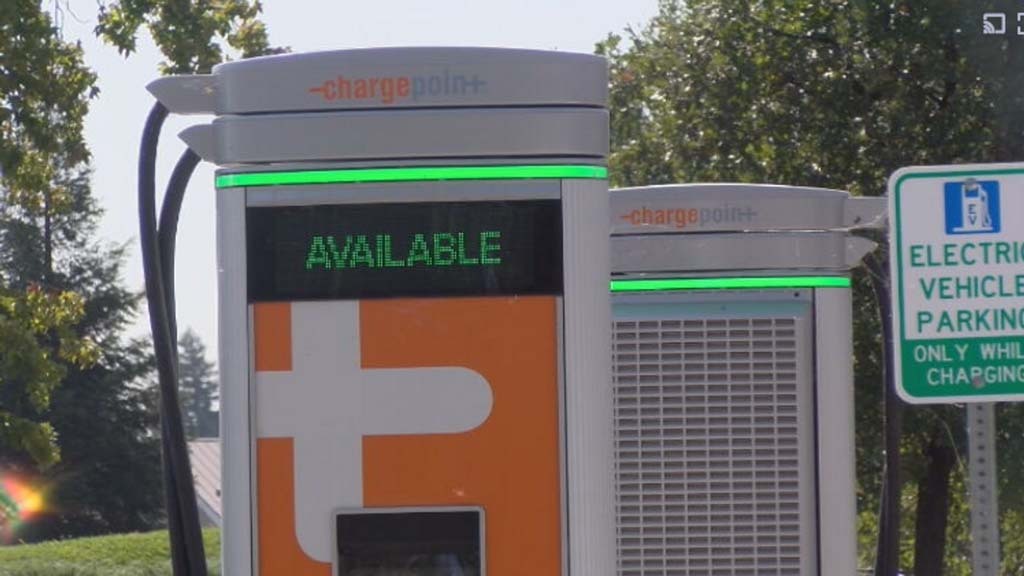 News Staff
News Staff![]() -
October 2, 2022 -
Politics -
Prop 30
Cal election 2022
-
2.9K views -
0 Comments -
0 Likes -
0 Reviews
-
October 2, 2022 -
Politics -
Prop 30
Cal election 2022
-
2.9K views -
0 Comments -
0 Likes -
0 Reviews

DLNews Staff:
Proposition 30 would tax millionaires to help pay for electric vehicle programs, but opponents argue that it will hurt the economy. California is a huge new car market and a leading contributor to climate change. Governor Gavin Newsom faces a tricky balancing act to meet both policy goals.
Prop. 30 would impose a 1.75% personal income tax on Californians making more than $2 million annually to fund a suite of climate programs. The goal is to clean up the state's dirty air and help meet ambitious greenhouse gas reduction targets.
The state aims to limit greenhouse gas emissions contributing to climate change, such as carbon dioxide from burning fossil fuels. To help meet these goals, the state has programs that promote zero-emission vehicles (ZEVs). For example, the state requires ride-sharing companies (such as Uber and Lyft) to use an increasing number of ZEVs for their services. The state also gives some funding to help households, businesses, and governmental agencies buy new ZEVs and install fueling infrastructure, such as charging stations for electric cars.
California lawmakers are divided on Proposition 30. Environmental groups and Governor Gavin Newsom oppose the bill, while Libby Schaaf supports it. As a result, the debate over Prop 30 has become a political football in Sacramento.
Libby Schaaf supports electric vehicle legislation, saying it will help millions of Californians transition to electric cars. The Oakland mayor is among many Democrats who support the measure. Newsom has made electric vehicles one of his top priorities and has said he will ban the sale of gasoline cars after 2035.
Proposition 30 would require ride-hailing companies like Lyft to transition to electric vehicles by 2030. Lyft has been lobbying for years to pass this measure, requiring drivers to drive most electric cars by 2030. Lyft has spent $15 million to promote the effort.
The California Chamber of Commerce and the California Republican Party oppose the measure, citing that it would increase taxes on Californians. They argue that California needs no tax hike at this time, and a recession could be coming. Newsom's team also opposed the pandemic detection tax, but the measure failed to get on the ballot. If this measure becomes law, it would be costly to reach the goal.

At Desert Local News, connections are everything. We're not just another social networking platform—we're a lively hub where people from all walks of life come together to share stories, spark ideas, and grow together. Here, creativity flourishes, communities grow stronger, and conversations spark global awareness.